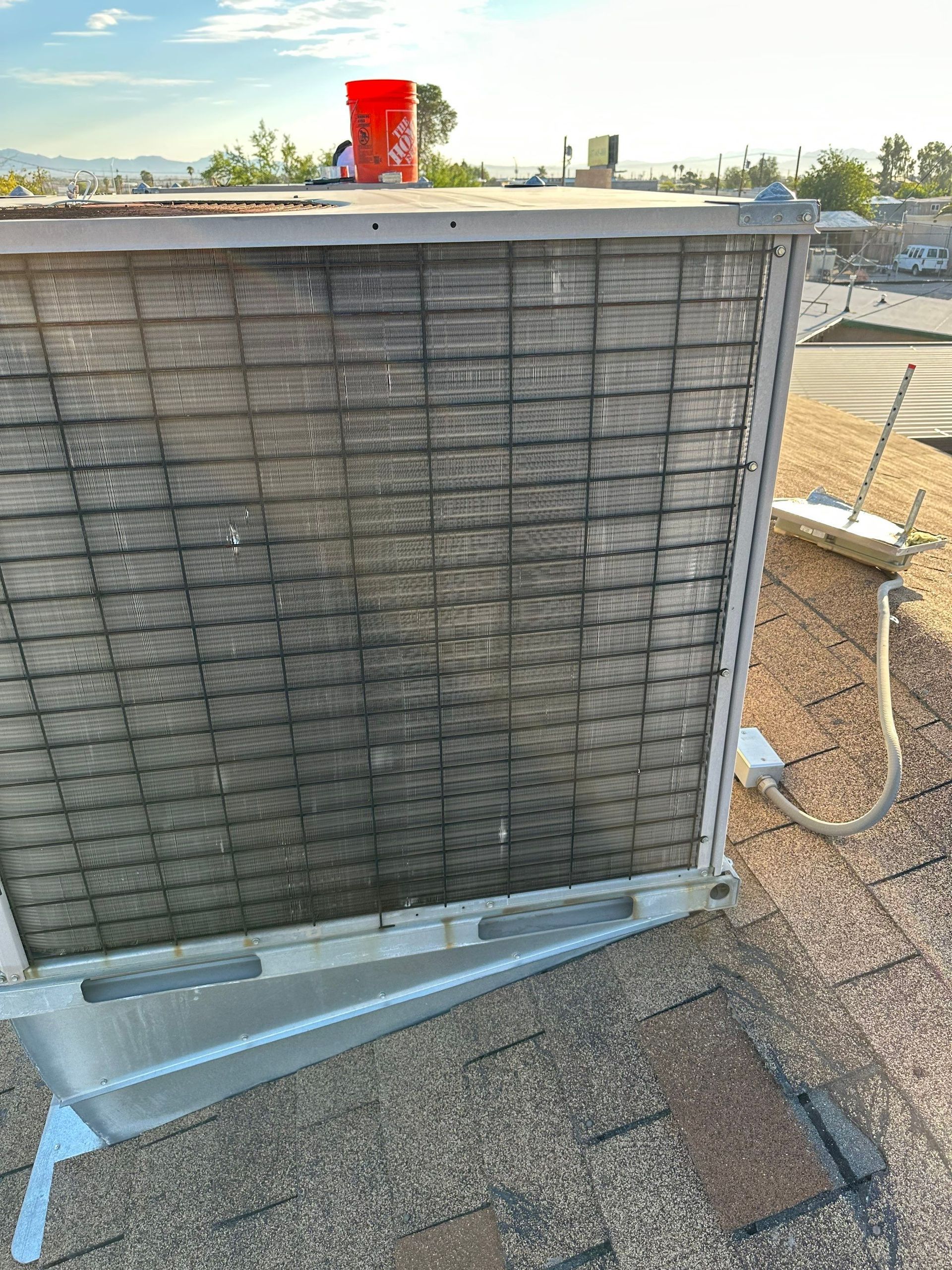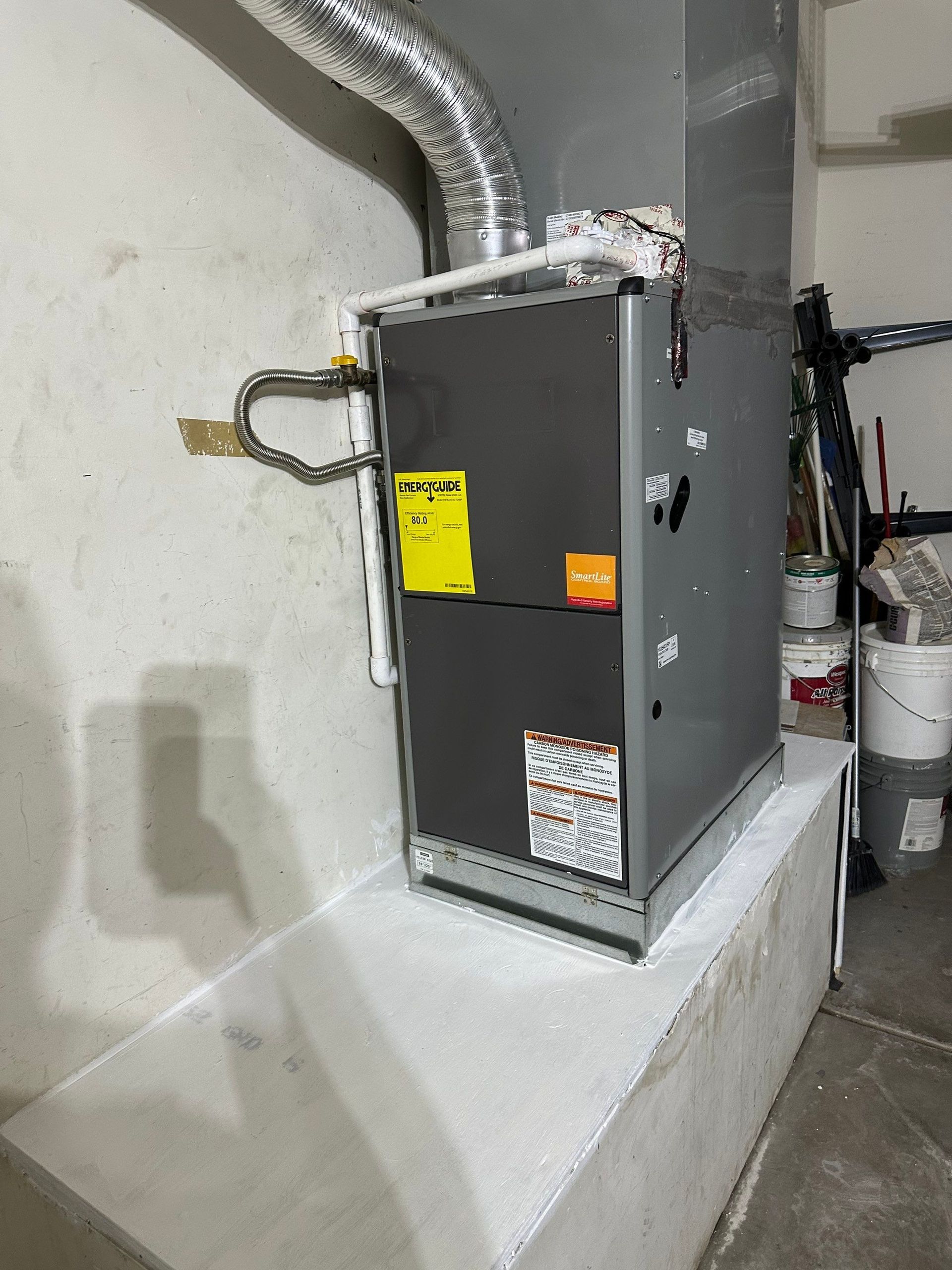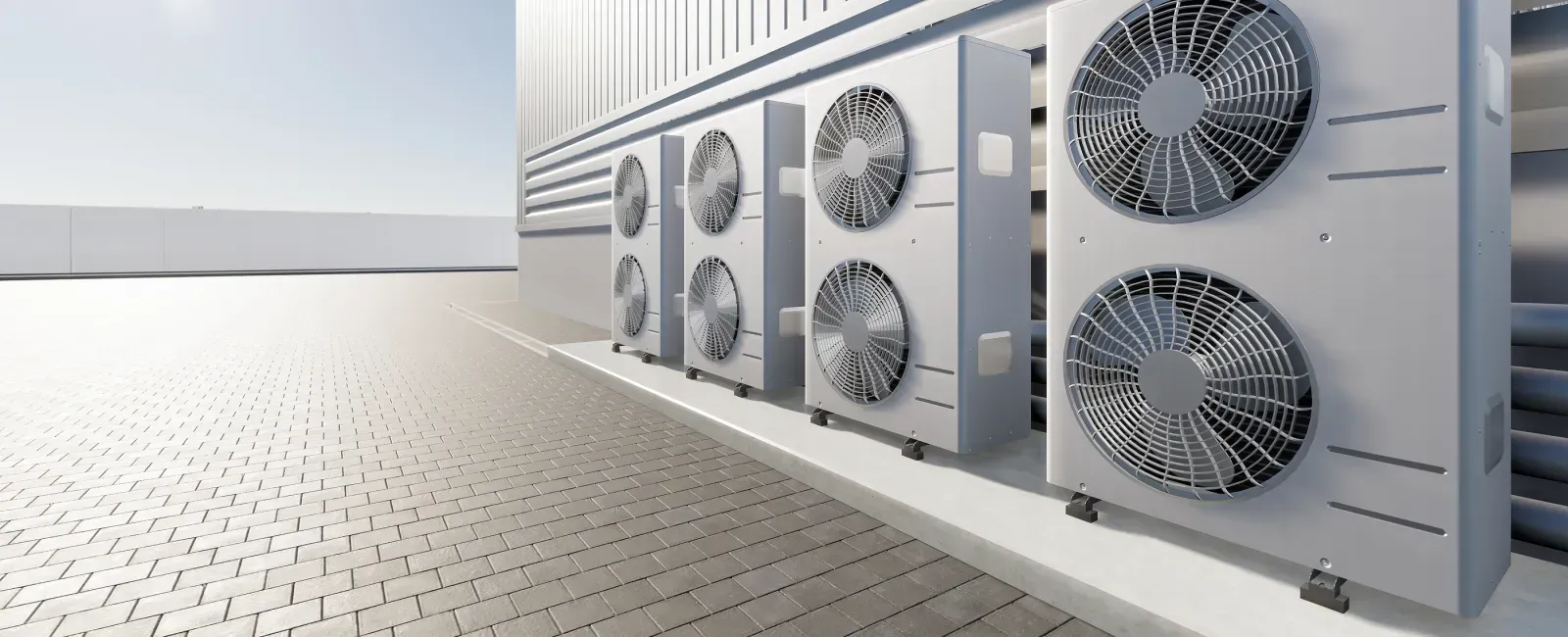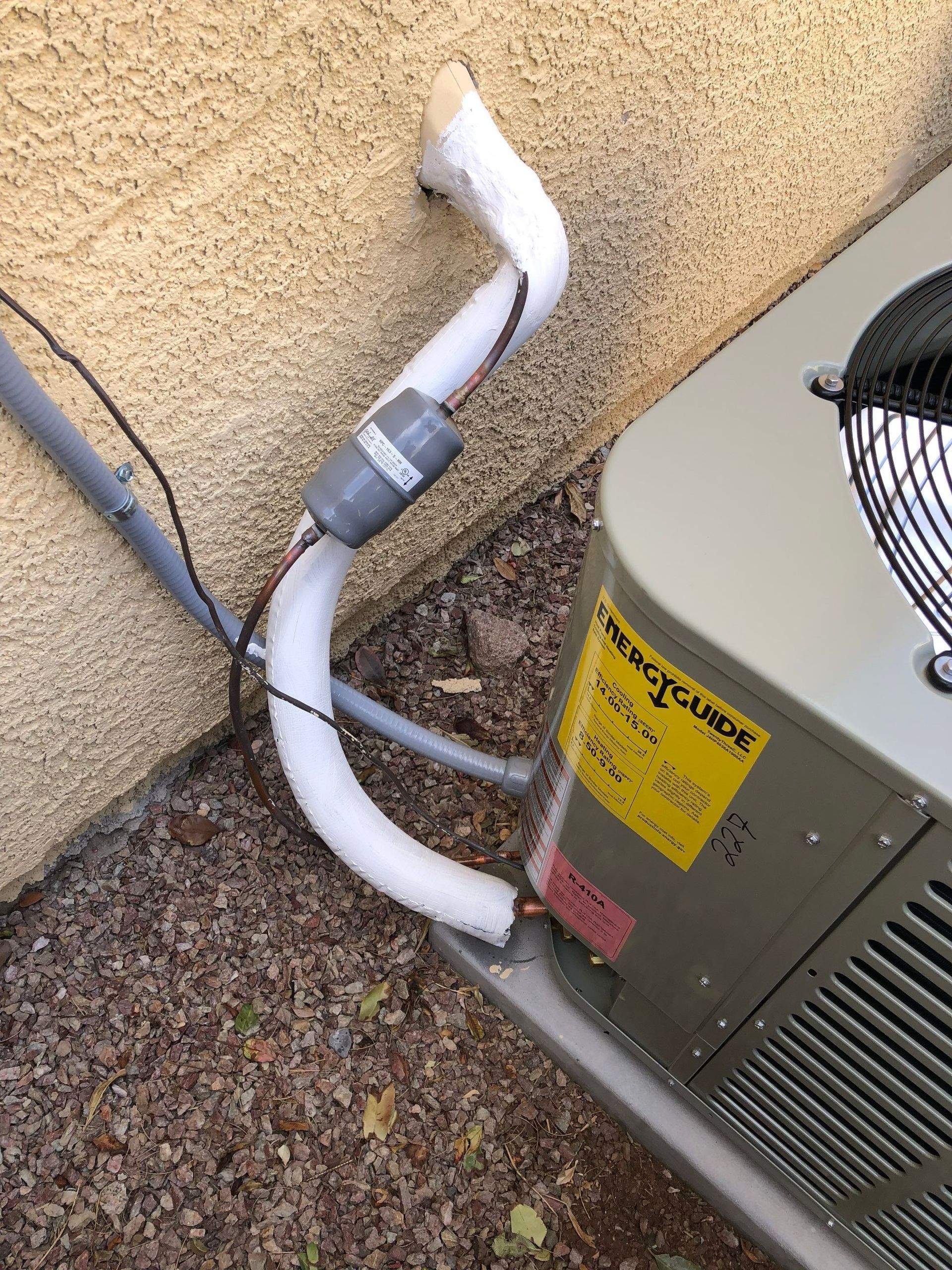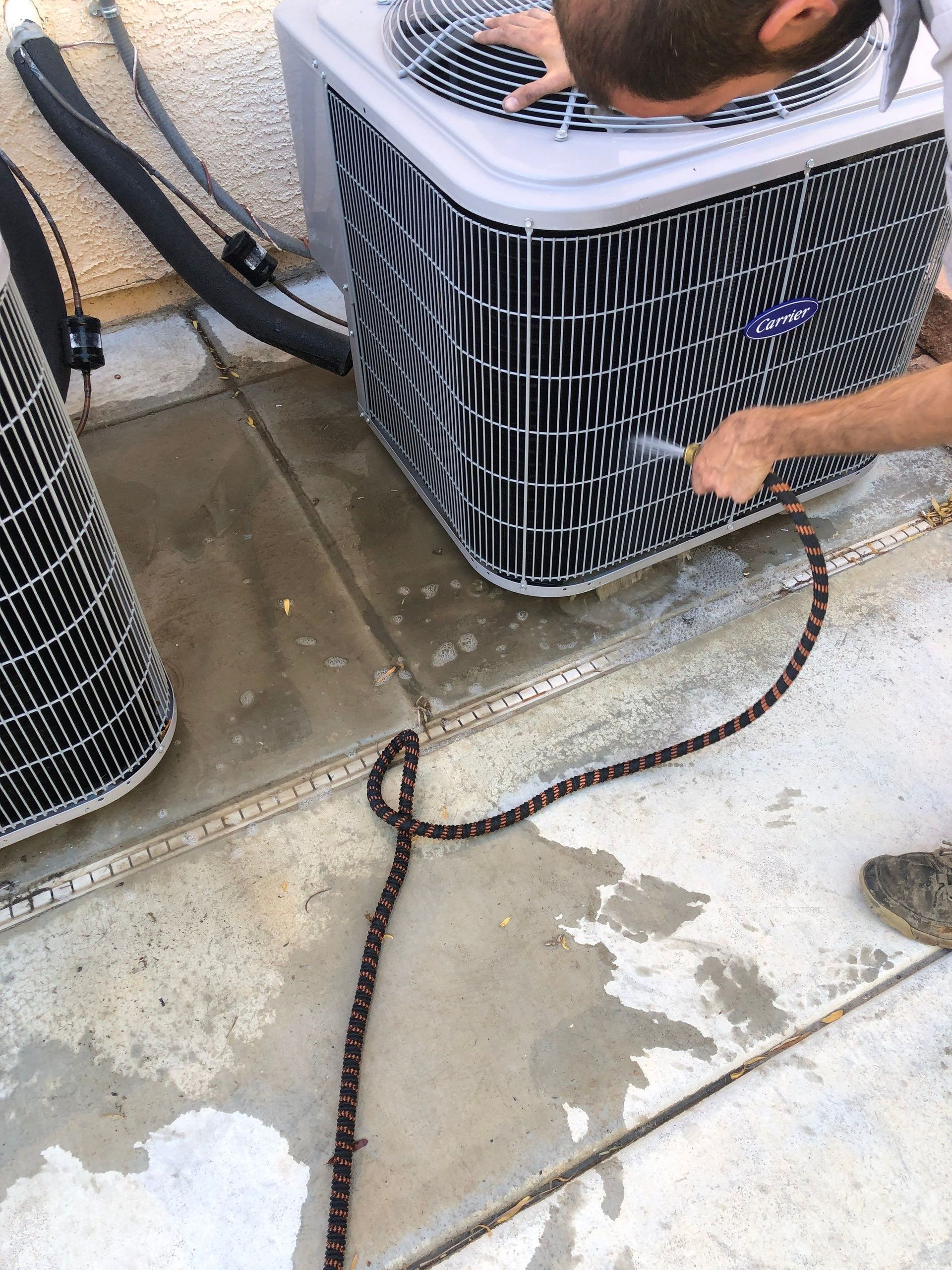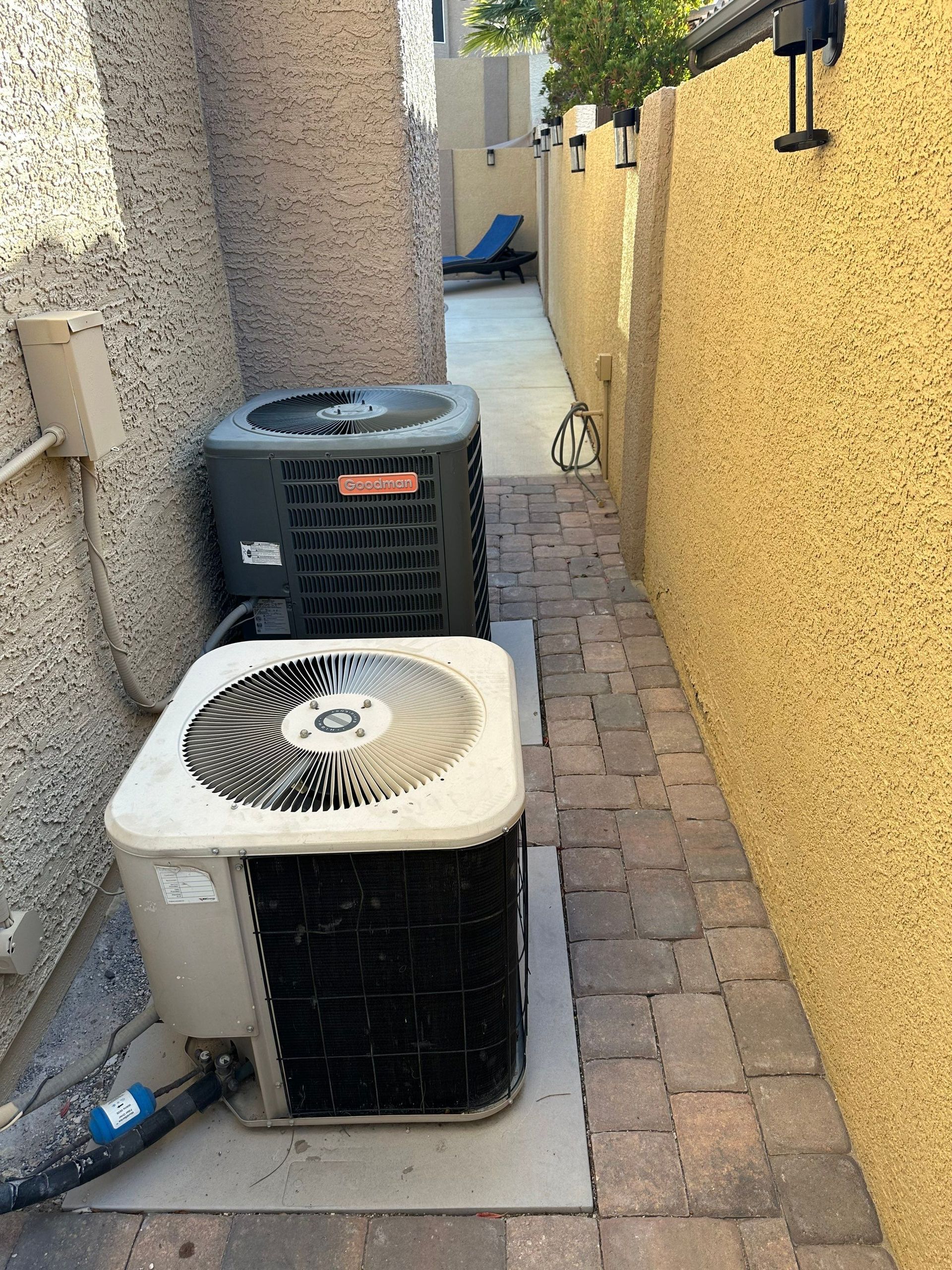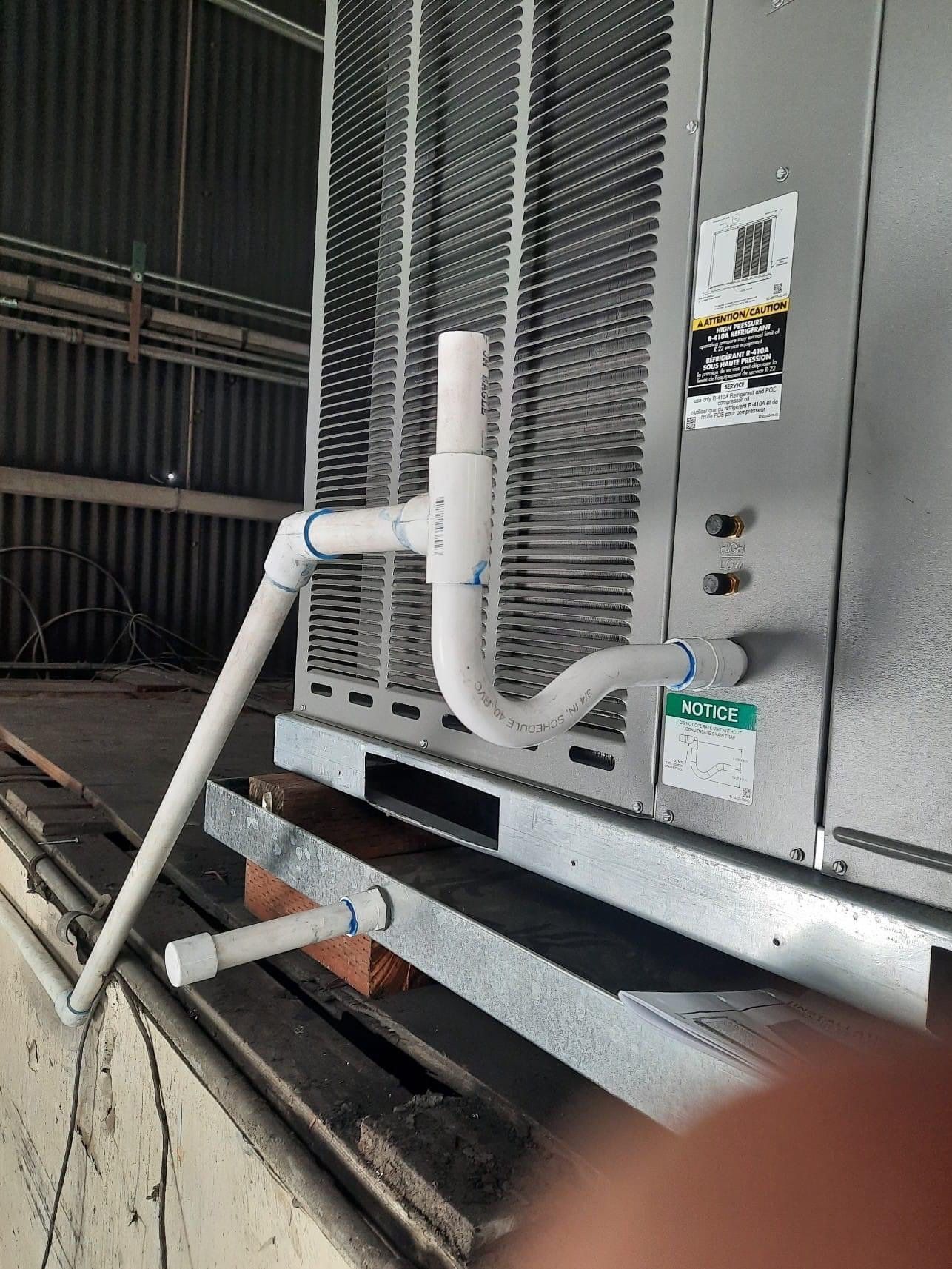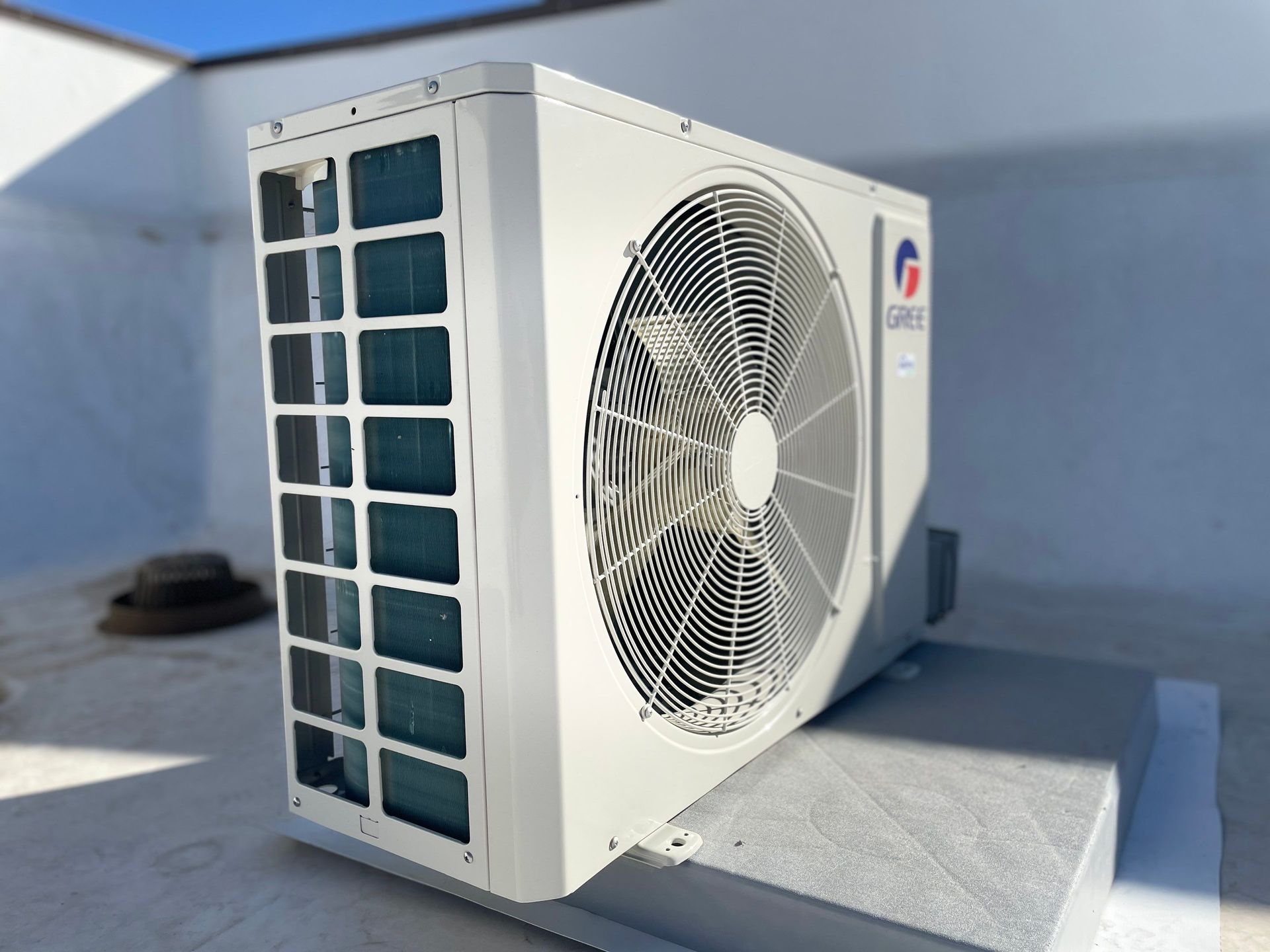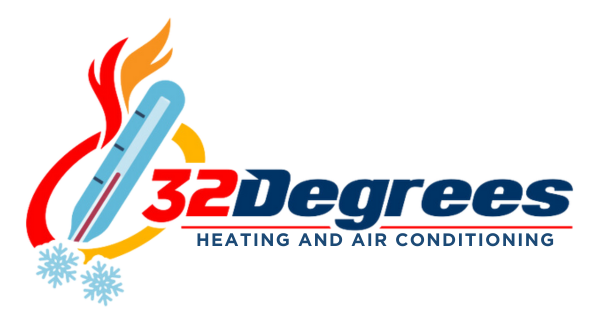How to Choose and Maintain Portable Air Conditioners
As temperatures rise, staying cool becomes a top priority. For those living in spaces where traditional air conditioning systems aren’t feasible or for anyone needing a temporary cooling solution, portable air conditioners are a versatile and effective option.
In this blog, we will help you choose the right portable air conditioner for your needs and provide tips to maintain it for optimal performance. Stay glued till the end!
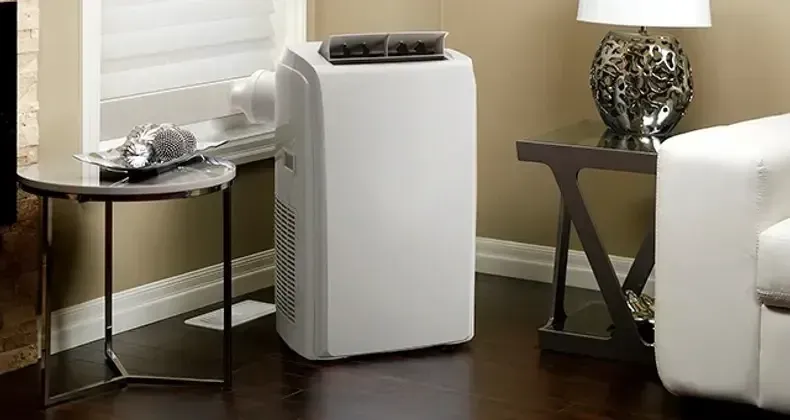
Choosing the Right Portable Air Conditioner
Understanding BTU Ratings
The cooling power of portable air conditioners is measured in British Thermal Units (BTUs). The BTU rating indicates the size of the space that the unit can cool effectively.
Generally, a unit needs about 20 BTUs for each square foot of floor area. For example, to cool a 300-square-foot room, you would need an air conditioner with at least 6,000 BTUs.
However, consider factors like room height, sunlight exposure, number of occupants, and electronic appliances, as these can increase the need for a higher BTU rating.
Considering Energy Efficiency
Energy efficiency is a crucial factor in choosing a portable air conditioner. Opt for models with a high Energy Efficiency Ratio (EER) — the higher the EER, the more efficient the unit.
Models that have an Energy Star rating usually meet strict energy efficiency guidelines set by the EPA and the Department of Energy. These units consume less energy and can significantly reduce electricity bills, especially in regions where the air conditioner is used frequently.
Additional Features to Consider
When selecting a portable air conditioner, consider additional features that might enhance convenience and functionality:
1. Remote Control and Programmable Timers:
Allow you to adjust settings conveniently and can help save energy by cooling the room only when needed.
2. Dehumidifier Function: Some portable air conditioners come with a built-in dehumidifier which can help manage indoor humidity levels, a feature particularly useful in humid climates.
3. Noise Level: Consider the noise level of the unit, especially if it will be used in a bedroom or a quiet environment.
Maintaining Your Portable Air Conditioner
Routine Cleaning and Care
To ensure that your portable air conditioner runs efficiently, regular cleaning is essential:
- Air Filters: Clean the air filters every two weeks. Most portable air conditioners have washable filters that can be rinsed under running water. Clean filters prevent dust and allergens from circulating back into the room and maintain optimal cooling efficiency.
- Condenser Coils: Clean the condenser coils at the beginning of the season and check them periodically, especially if the unit seems to be struggling to cool effectively.
Proper Storage Tips
Proper storage is key to extending the life of your portable air conditioner:
- End of Season Storage: At the end of the cooling season, thoroughly clean the unit before storage. Ensure the unit is completely dry to prevent mold and mildew growth.
- Location: Store the unit in a cool, dry place away from direct sunlight. Cover the unit to keep dust and debris out, ensuring it’s ready for next season’s use.
Troubleshooting Common Issues
Even with good maintenance, portable air conditioners can run into problems:
1. Not Cooling:
Check if the air filter is dirty or if the room exceeds the cooling capacity of the unit. Also, ensure there are no leaks in the window seal where the exhaust hose is installed.
2. Leaking Water: Ensure the unit is level. Most units need to be on a flat surface to function correctly. Regularly empty the condensation container if your model does not support continuous drainage.
Enhancing Your Portable AC’s Efficiency
Optimizing Placement
Place your portable air conditioner in a location where the air flow is not obstructed by furniture or curtains. The unit should be near a window where the exhaust hose can be installed easily. Avoid placing the unit in direct sunlight, as this can overheat the unit and reduce its efficiency.
Using Accessories
Consider using accessories like window sealing kits, which can prevent warm air from entering the room and cool air from escaping. This can significantly enhance the effectiveness of your portable air conditioner.
To Warp Up:
Portable air conditioners are a flexible cooling solution that can significantly improve comfort in your home. By choosing the right unit and maintaining it properly, you can enjoy effective cooling whenever and wherever needed. Remember, the key to efficiency lies in regular maintenance and proper usage.
Whether you’re combating the summer heat in a studio apartment, a rented space, or just need an additional cooling system, a portable air conditioner can be a great choice. Keep this guide in mind to make the most out of your portable air conditioning unit.
Ready to work with 32 Degrees Heating and Air Conditioning?
Let's connect! We’re here to help. Send us a message and we’ll be in touch. Or give us a call today at 725-720-2912
Agency Contact Form
Our Blogs...
32 Degrees HVAC Solutions
